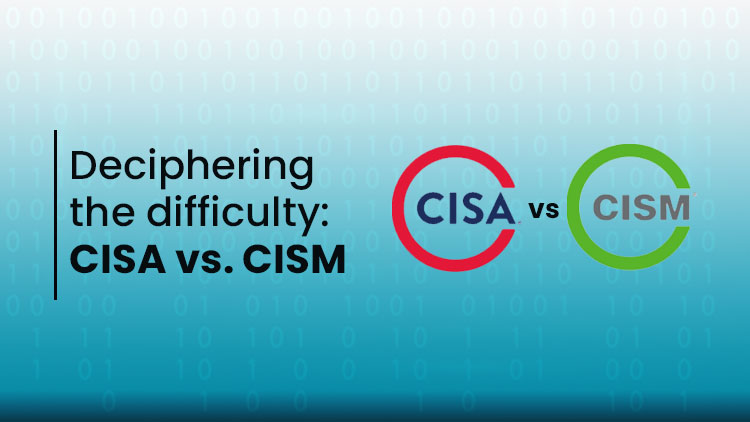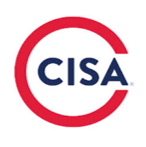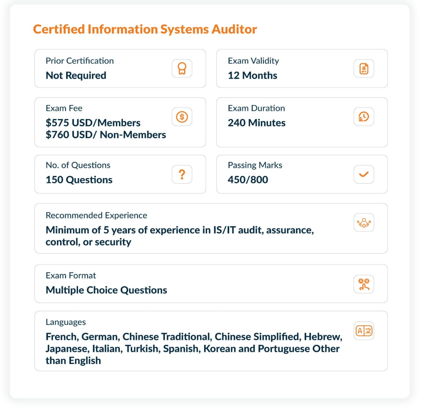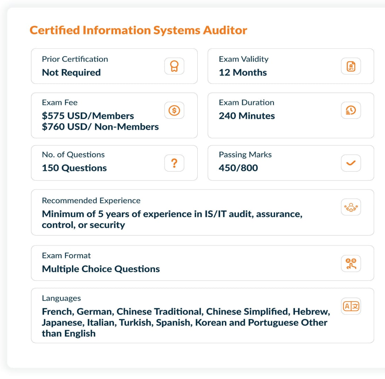
Deciphering the difficulty: CISA vs. CISM

Deciphering the difficulty: CISA vs. CISM
Introduction
In today’s evolving cybersecurity and IT governance landscape, professional certifications validate expertise. Two highly regarded ISACA credentials—Certified Information Systems Auditor (CISA) and Certified Information Security Manager (CISM)—serve different career paths. CISA focuses on IT auditing, risk assessment, and compliance, while CISM is tailored for security leadership and governance. This blog compares their exam difficulty, knowledge requirements, study strategies, and career impact to help you decide which suits your goals.
Choosing the right certification is key to career advancement. Whether you want to specialize in IT auditing with CISA or lead security programs with CISM, preparation is essential. VERSAtile Reads offers exam cram notes and exam prep practice questions to support your professional growth. Stay ahead in cybersecurity—explore our content and take the next step in mastering your field today!
Understanding CISA and CISM
Before analyzing the difficulty levels of these certifications, it is essential to understand their purpose and focus.
What is CISA?
The Certified Information Systems Auditor (CISA) certification is meant for IT auditing, risk management, compliance, and information security control professionals. It certifies the skill to evaluate IT vulnerabilities, mitigate risks, and implement security frameworks in place. Finance, healthcare, and government sectors accept CISA as an essential certification for IT auditors.
The CISA exam contains five major domains: Information Systems Auditing Process, Governance and Management of IT, Information Systems Acquisition, Development, and Implementation, Information Systems Operations and Business Resilience, and Information Assets Protection. They demand extensive knowledge of IT audit procedures, governance models like COBIT, and risk assessment methods.
Professionals who normally go for CISA are IT auditors, compliance officers, risk managers, and IT governance experts. The certification is especially valuable for those interested in specializing in system controls, compliance rules, and IT risk evaluation.

What is CISM?
The Certified Information Security Manager (CISM) certification is for security governance and risk management professionals. In contrast with CISA, which concentrates on auditing, CISM focuses on security leadership, governance approaches, and organizational risk mitigation. It proves to be especially beneficial for IT managers seeking to move into security leadership positions.
The CISM examination tests proficiency in four areas: Information Security Governance, Information Risk Management, Information Security Program Development and Management, and Information Security Incident Management. These domains demand that the security program be designed, enterprise-wide risk assessment be conducted, and incident response strategies be known.
CISM is particularly suitable for security managers, cybersecurity consultants, Chief Information Security Officers (CISOs), and IT professionals looking to make the move into strategic security careers. It is most appropriate for those who want to manage security initiatives within an organization and integrate security strategies with business goals.

Differences in Skillset and Knowledge Requirements
CISA Skillset and Knowledge
CISA certification focuses on IT auditing, information security, and control. It requires expertise in risk management, auditing practices, information systems operations, and security program assessment. CISA professionals ensure compliance and evaluate security controls, making them well-suited for auditing roles.
CISM Skillset and Knowledge
CISM certification emphasizes information security management, governance, and risk compliance. It requires skills in security program development, policy implementation, and strategic planning. CISM professionals align security programs with business objectives, preparing them for leadership roles in security management.
Exam Information
CISA Exam

CISM Exam

CISA Exam Domains
The Certified Information Systems Auditor (CISA) exam covers five essential domains, ensuring professionals have the knowledge and skills to assess and manage IT risks, security, and controls:
- Information Systems Auditing Process – Covers the principles and practices of IT auditing, including risk-based audit planning, execution, evidence collection, and reporting to ensure compliance with industry standards and regulatory requirements.
- Governance and Management of IT – Evaluates IT governance frameworks, strategic alignment, policies, and management practices to ensure IT investments support business objectives while minimizing risks.
- Information Systems Acquisition, Development, and Implementation – Assesses system development life cycle (SDLC), project governance, change management, and implementation controls to ensure secure and efficient deployment of IT solutions.
- Information Systems Operations and Business Resilience – Reviews IT operations, performance monitoring, incident response, and disaster recovery planning to ensure business continuity and resilience against disruptions.
- Protection of Information Assets – Focuses on cybersecurity, access controls, encryption, identity management, and data privacy to safeguard critical information assets from unauthorized access, breaches, and cyber threats.
CISM Exam Domains
The Certified Information Security Manager (CISM) exam covers four key domains essential for managing enterprise information security:
- Information Security Governance – Establishing and maintaining an information security governance framework aligned with business goals, regulatory requirements, and risk management strategies.
- Information Risk Management – Identifying, assessing, prioritizing, and mitigating security risks to ensure business continuity and regulatory compliance.
- Information Security Program Development and Management – Designing, implementing, and managing an enterprise-wide information security program, including policies, procedures, and controls.
- Information Security Incident Management – Developing, implementing, and overseeing incident response plans, forensic investigations, and business recovery strategies to minimize security breaches and operational disruptions.
Which Certification Fits Your Needs?
The choice between CISA and CISM rests primarily in your career aspirations, history, and specialty.
For those looking to pursue a career in IT auditing, risk management, and compliance, CISA stands the test. It is especially beneficial for those who work in audit companies, financial institutions, and compliance positions. However, those interested in becoming security managers, CISOs, or governance experts must choose CISM, as it offers in-depth knowledge of enterprise security leadership.
CISA is technical and detail-oriented, while CISM needs strategic planning and decision-making capabilities. If you are good at analyzing system vulnerabilities and auditing, CISA would be the best suited. But if your area of interest is security strategy development and risk management at the enterprise level, CISM would be the best career path.
Study Strategies for CISA and CISM
To pass either of the certifications, the correct study materials and preparation methods must be employed. The optimal resources are ISACA’s official study manuals and practice exams. Aspirants must spend at least 10-15 hours a week for two to three months to prepare well. Practice tests and identifying weak areas can go a long way in enhancing performance. Further, participating in study groups on LinkedIn, Reddit, or ISACA forums will help embed concepts through peer discussions.
For CISA, practical exposure to IT audits, security reviews, and compliance tests is vital. For CISM candidates, risk assessment simulations, security governance tactics, and incident response planning must be prioritized to foster a leadership mentality.
Conclusion
Both CISA and CISM are professional but demanding certificates, each serving a distinct field of IT security and governance. Although CISA is tougher for candidates who do not know auditing concepts, CISM is tougher for candidates who have no experience in security leadership. The correct one entirely depends upon your professional goal and expertise.
FAQs
1. Which certification is more difficult, CISA or CISM?
CISA is more technical and detail-oriented, making it challenging for those without auditing experience. CISM requires a managerial mindset and strategic decision-making skills, which can be difficult for those with purely technical backgrounds.
2. Can we take both CISA and CISM?
Yes, numerous professionals acquire both certifications to maximize their career growth in IT auditing, security leadership, and risk management.
3. How many months are required to study for the CISA and CISM exams?
Two to three months of intensive studying is needed for most candidates to prepare for each certification, based on their past knowledge and experience.
- Published Date:



